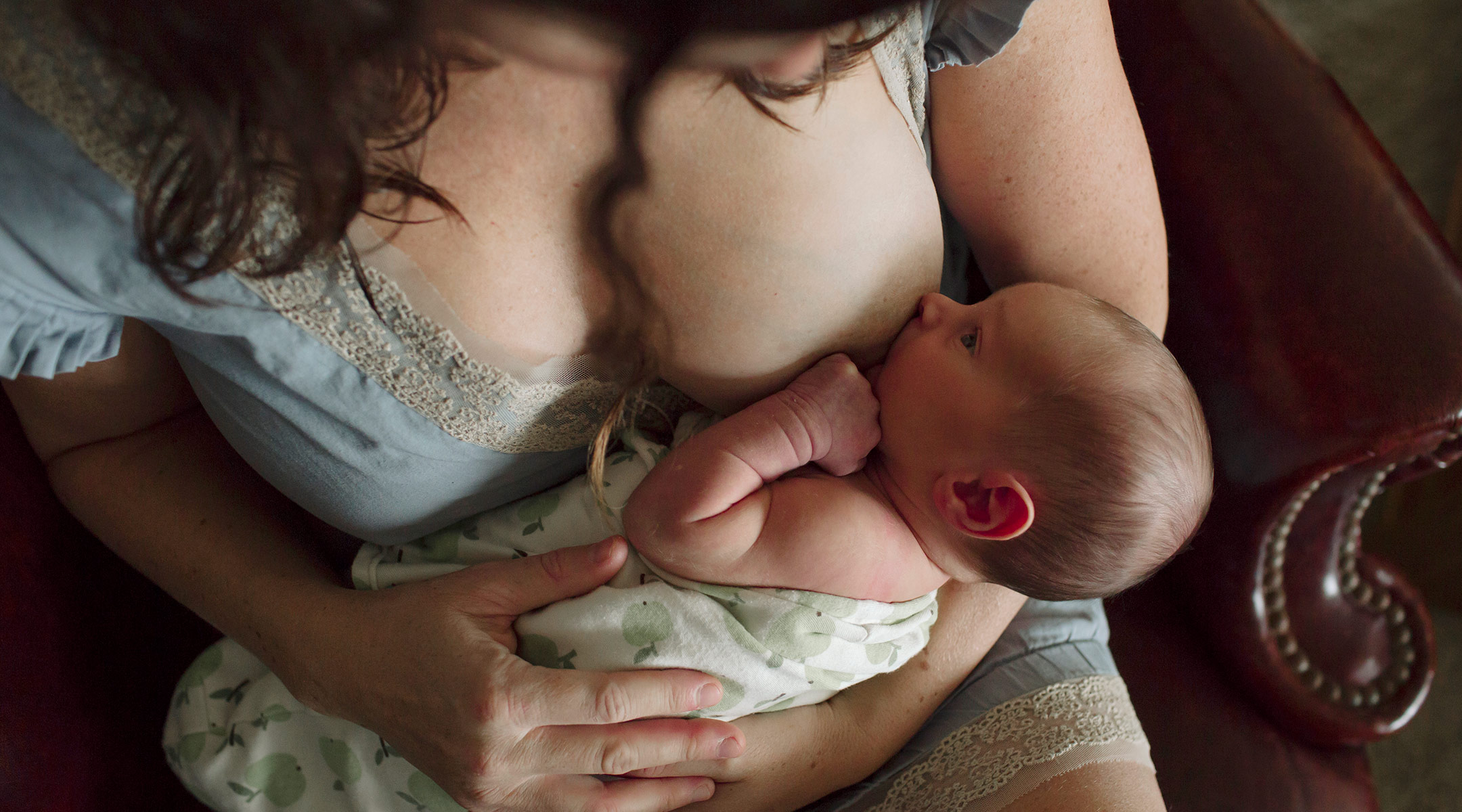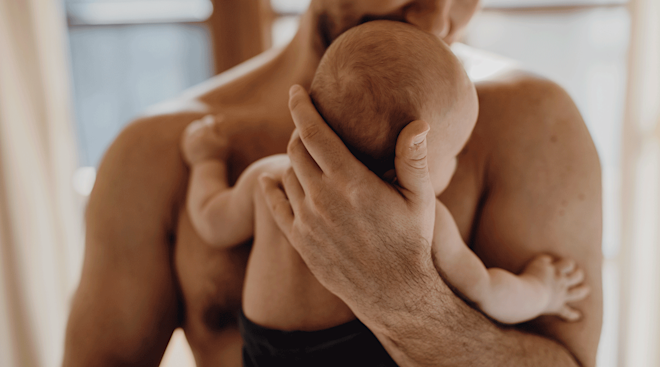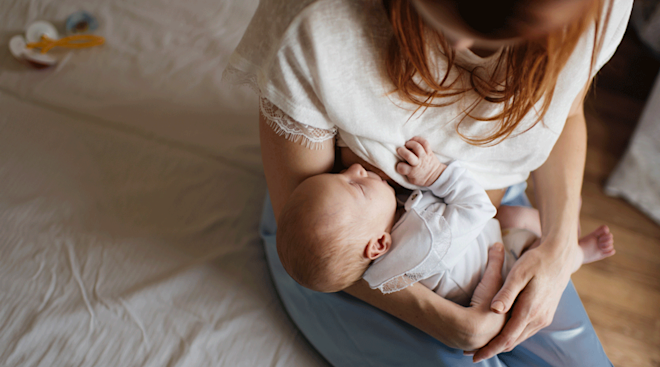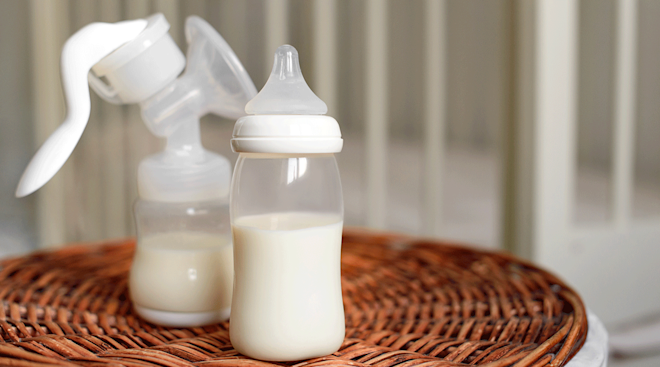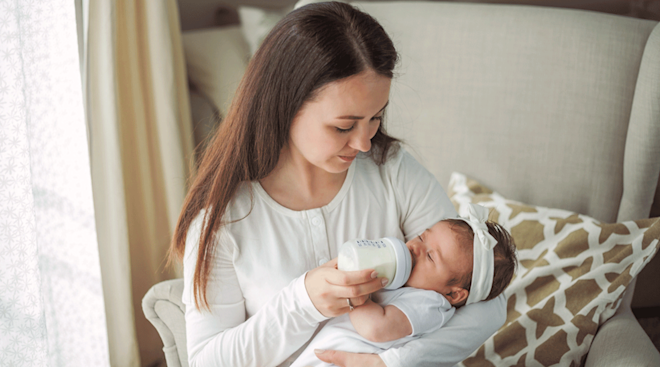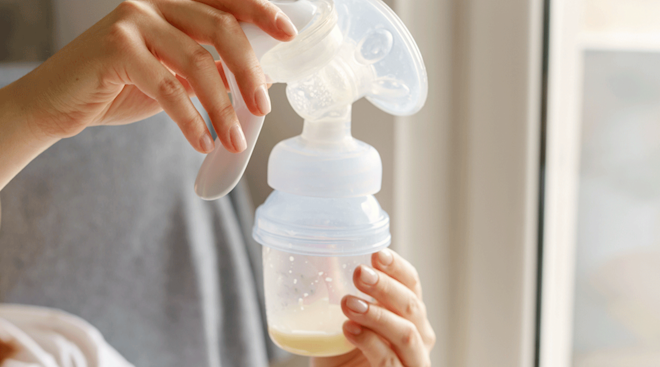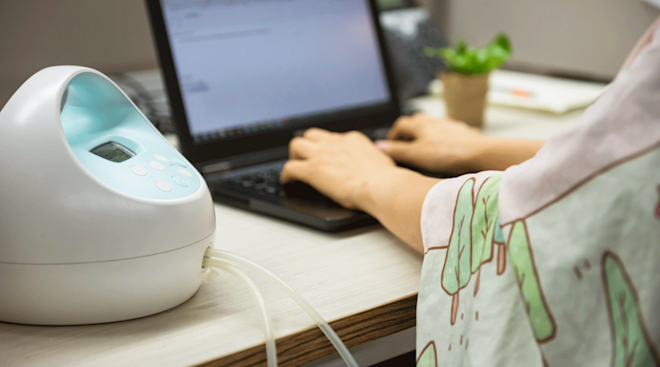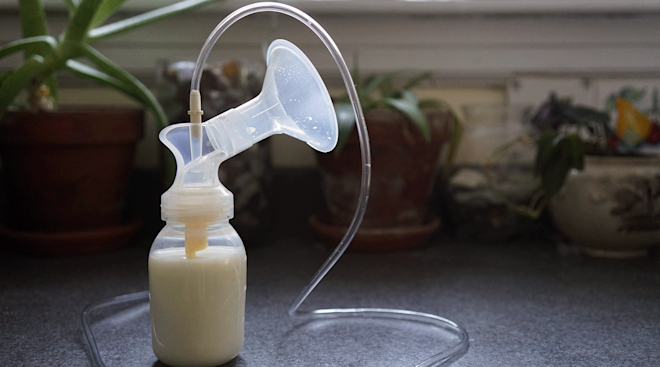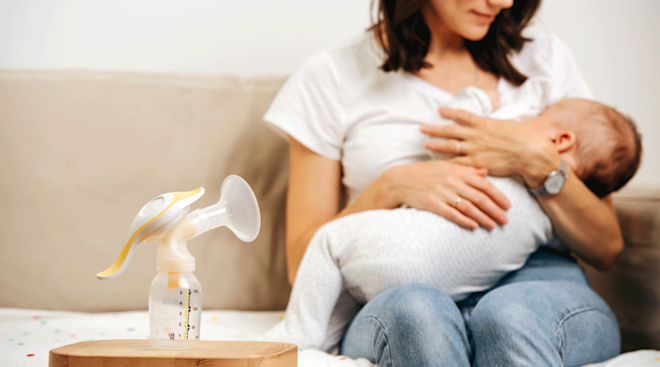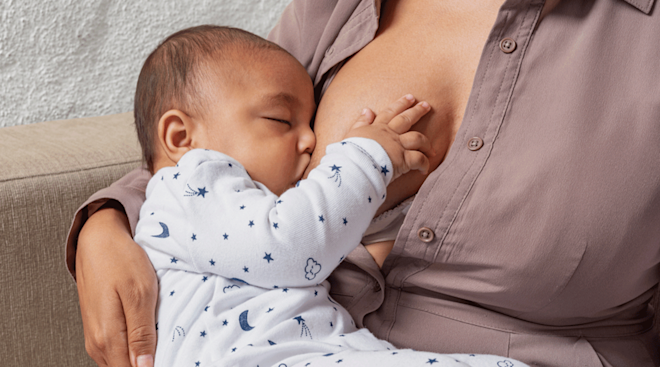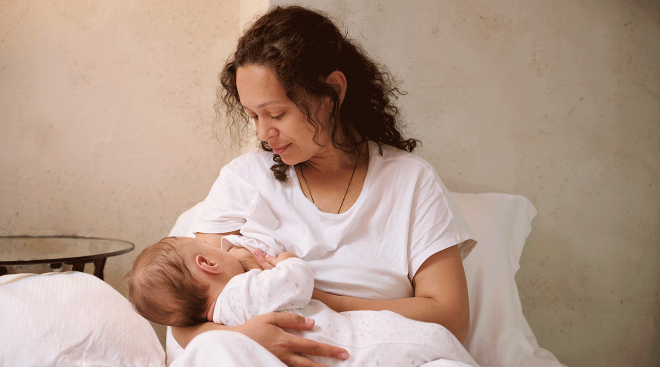Heavy Pressure on Moms to Breastfeed Can Lead to Postpartum Depression
Powered by a deeper understanding of the benefits of breastfeeding, there’s been a huge effort in recent years by doctors, hospitals, government agencies and society at large to encourage new moms to breastfeed exclusively. But for women who are simply unable to nurse, the intense pressure to breastfeed can actually do harm, leading to anxiety and depression—and researchers are now shining a spotlight on the problem.
An expert commentary published in the journal Nursing for Women’s Health is calling for more research into the effects of stress related to breastfeeding pressure, and underscores that new moms who are unable to breastfeed successfully need to be assessed–and supported—both physically and psychologically.
Ana Diez-Sampedro, co-author of the article and a clinical research associate, was inspired to write the paper based on her clinical experience as well as her own personal experience as mom who had hoped to breastfeed her twins but couldn’t. “We think that for mothers, breastfeeding is the best option,” Diez-Sampedro told HuffPost. “But that’s not the case for some mothers.”
Maria Olenick, another co-author and chair of undergraduate nursing at Florida International University, has babies 20 years apart in age and noticed a huge shift in how doctors approached the topic of infant feeding the second time she gave birth. “When I had my first daughter,” she said, “It was more or less just a question—which would you prefer? With my second child, who was born in 2011, it was really clear what they preferred.”
The American Academy of Pediatrics recommends that women breastfeed exclusively for their babies’ first six months of life and then continue, alongside solids, until one year or more. But those goals aren’t attainable for all women, and when moms struggle, healthcare providers, lactation experts and fellow moms often send a message that they’ll succeed if they just try harder. The resulting stress, the paper says, can lead to postpartum depression and increased feelings of isolation and inadequacy.
“We need more research on what happens to a person who wants to breastfeed and who can’t. What do they feel?” asks Diez-Sampedro.
It’s a question science has already started to answer. Guidelines from the American College of Obstetricians and Gynecologists indicate that women who can’t breastfeed as long as they intended often experience distress, and that their feelings should be validated by their health care providers, not judged.
Diez-Sampedro and Olenick advocate for a couple simple changes in how doctors care for new moms that could help ease the pressure women feel. One: Care providers should be aware of the link between breastfeeding challenges and postpartum depression and be prepared to offer emotional support. Two: In addition to educating pregnant women about breastfeeding, they should also talk about safe formula-feeding practices so moms-to-be at least know it’s an option. Because at the end of the day, it’s up to the parent to make the best choice for her family.
“So long as a woman is provided appropriate education to make informed decisions,” they write, “clinicians must trust that a woman will choose to do what is best, even if the woman’s definition of best is different than that of the health care provider.”
Please note: The Bump and the materials and information it contains are not intended to, and do not constitute, medical or other health advice or diagnosis and should not be used as such. You should always consult with a qualified physician or health professional about your specific circumstances.
Navigate forward to interact with the calendar and select a date. Press the question mark key to get the keyboard shortcuts for changing dates.
































